
What’s New in Equine Parasite Control?
Learn the most up-to-date information about when and how to deworm your horses.

Learn the most up-to-date information about when and how to deworm your horses.

Dr. Fernanda Cesar shares the most current research on R. equi, which causes pneumonia in foals.
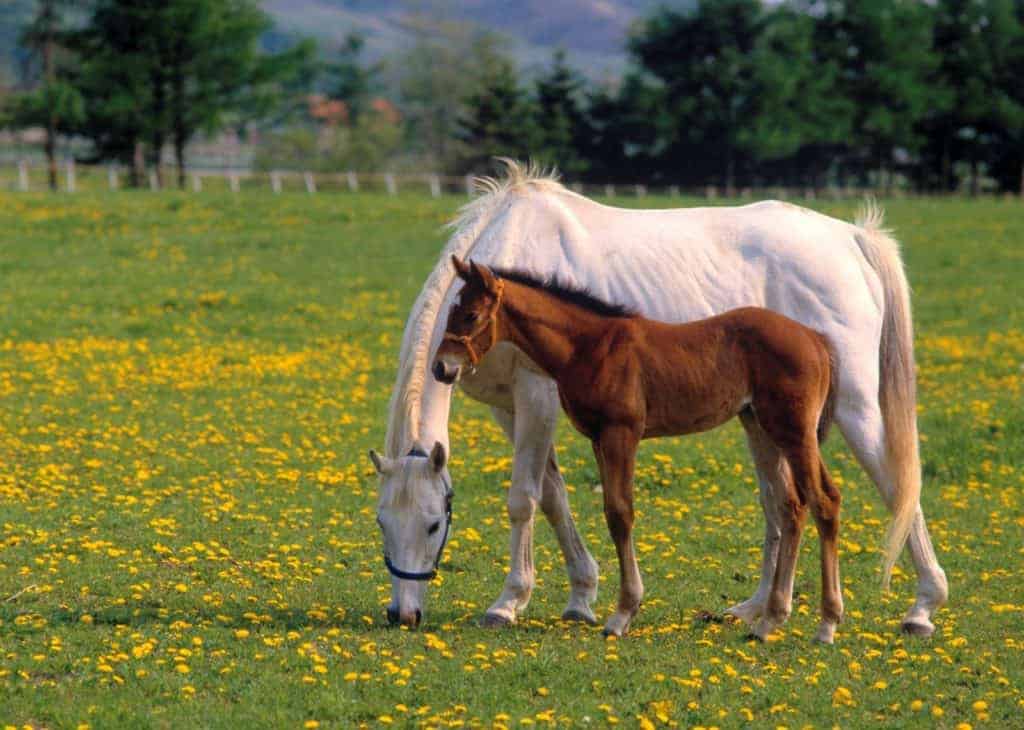
Researchers found that over- and underfeeding can affect foals’ bone growth, metabolism, and testicular development.

Foals with lesions had reduced peak vertical forces in the affected limb, suggesting reduced weight-bearing.
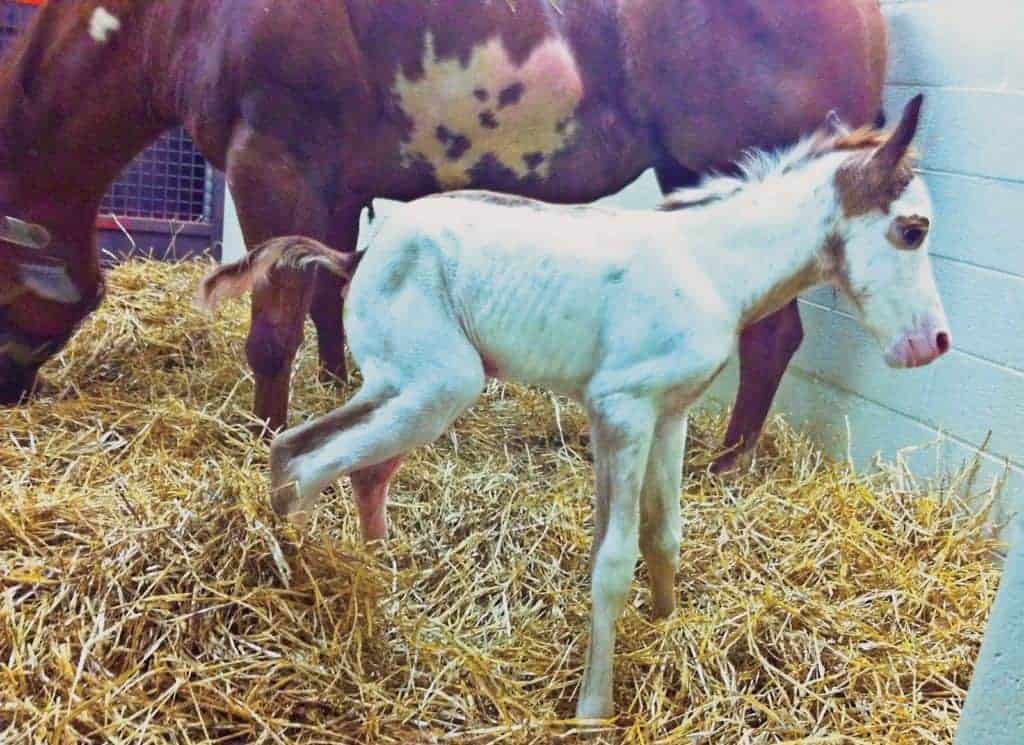
Learn to recognize and treat this condition that can threaten foals within the first 24 hours of life.
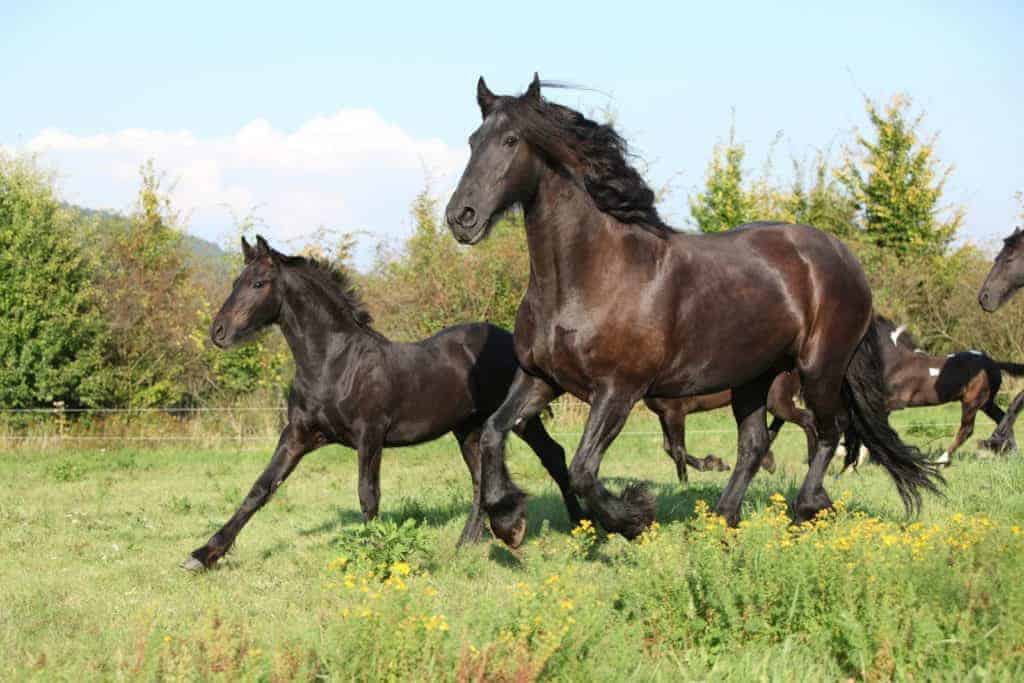
Genetic Testing at Gluck is offering tests to identify carriers of the dwarfism and hydrocephaly mutations.
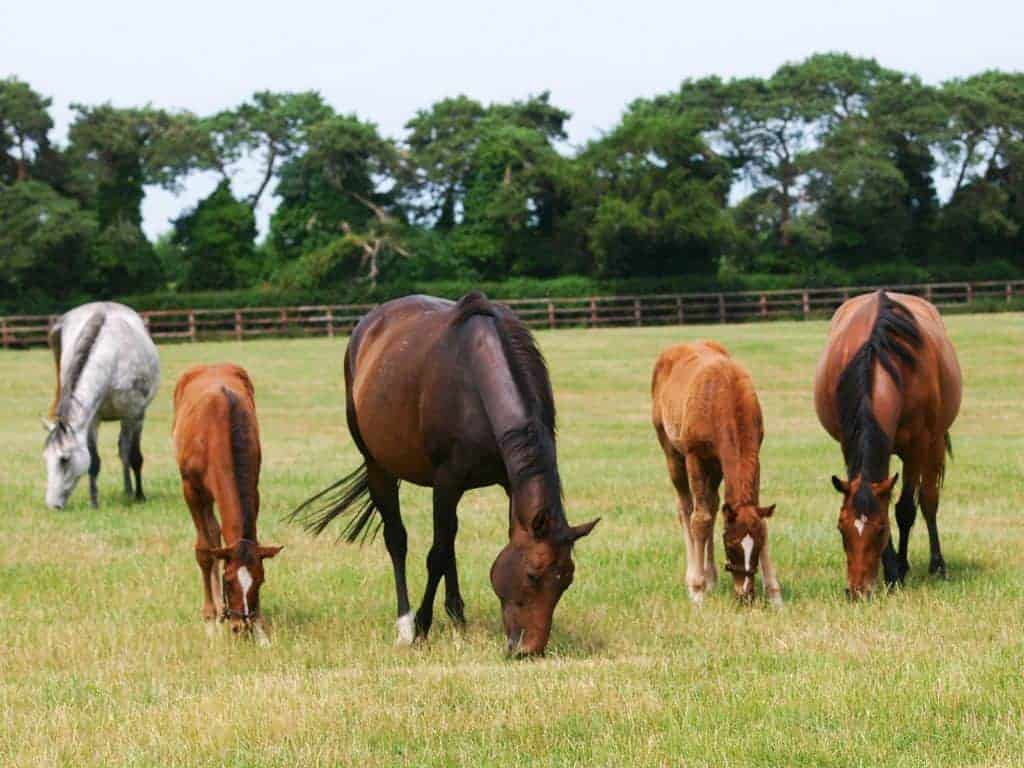
Overweight mares often produce heavier foals, which studies have shown are at-risk for musculoskeletal disorders.

Take an up-close look at common internal parasites and the damage they can do to your horse. Also learn about parasite resistance and the drugs and management methods that can help control certain worms.
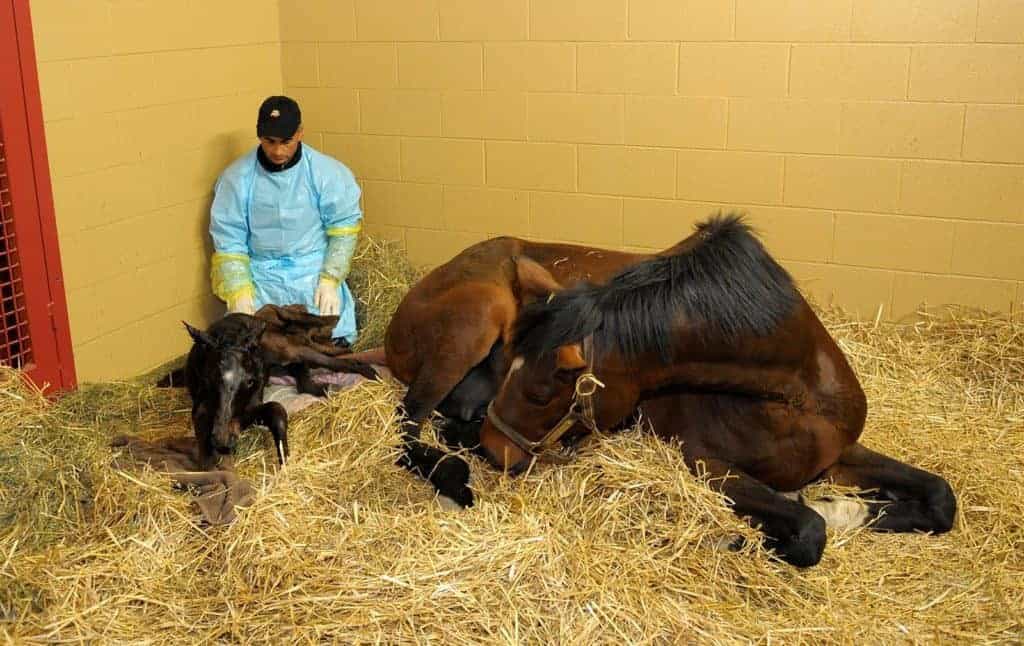
Neonatal medicine is an important area of equine practice, because time is of the essence when youngsters are sick.

How young horses are fed and housed can impact how osteochondral lesions evolve, and even help them heal.
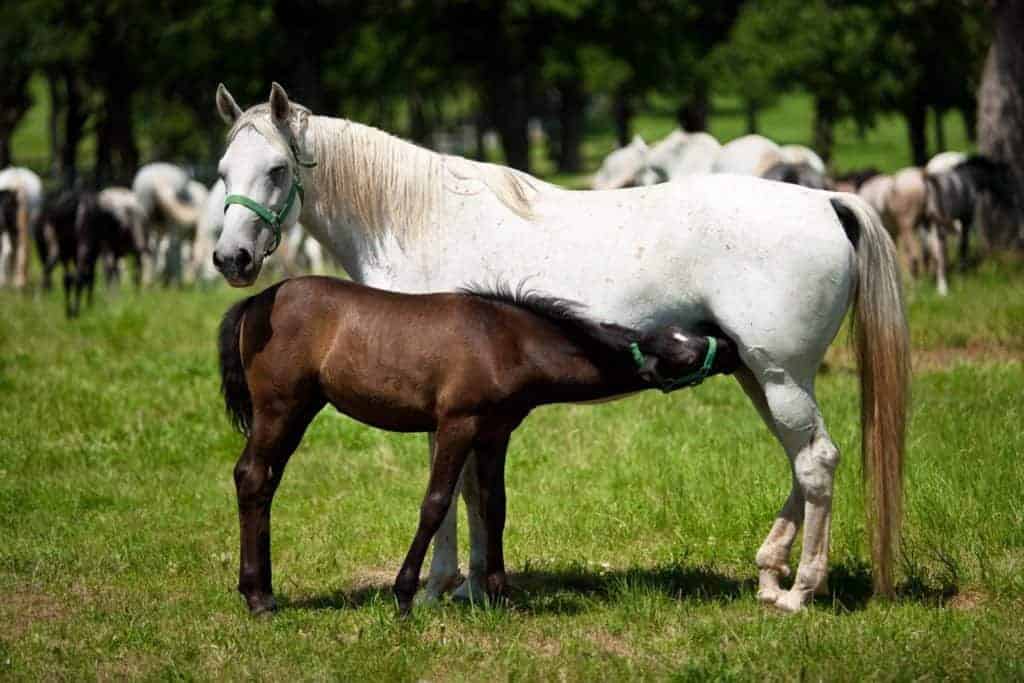
Dr. Laurie Lawrence shares results of studies on mare milk composition and foals’ GI microbial colonization.

L. intracellularis can cause segments of small intestines and sometimes large intestines to thicken.

In one study, bacteria in 91.5% of the foals were susceptible to this antimicrobial combination.

Have a vet ensure your foal is developing well and your mare is ready for her next mating at her foal heat.

Researchers recently conducted a study on the effects of starch source on mare and foal hindgut bacteria.
Read the top tweets and take-homes from Rood & Riddle Equine Hospital’s client education seminar.
Stay on top of the most recent Horse Health news with
"*" indicates required fields